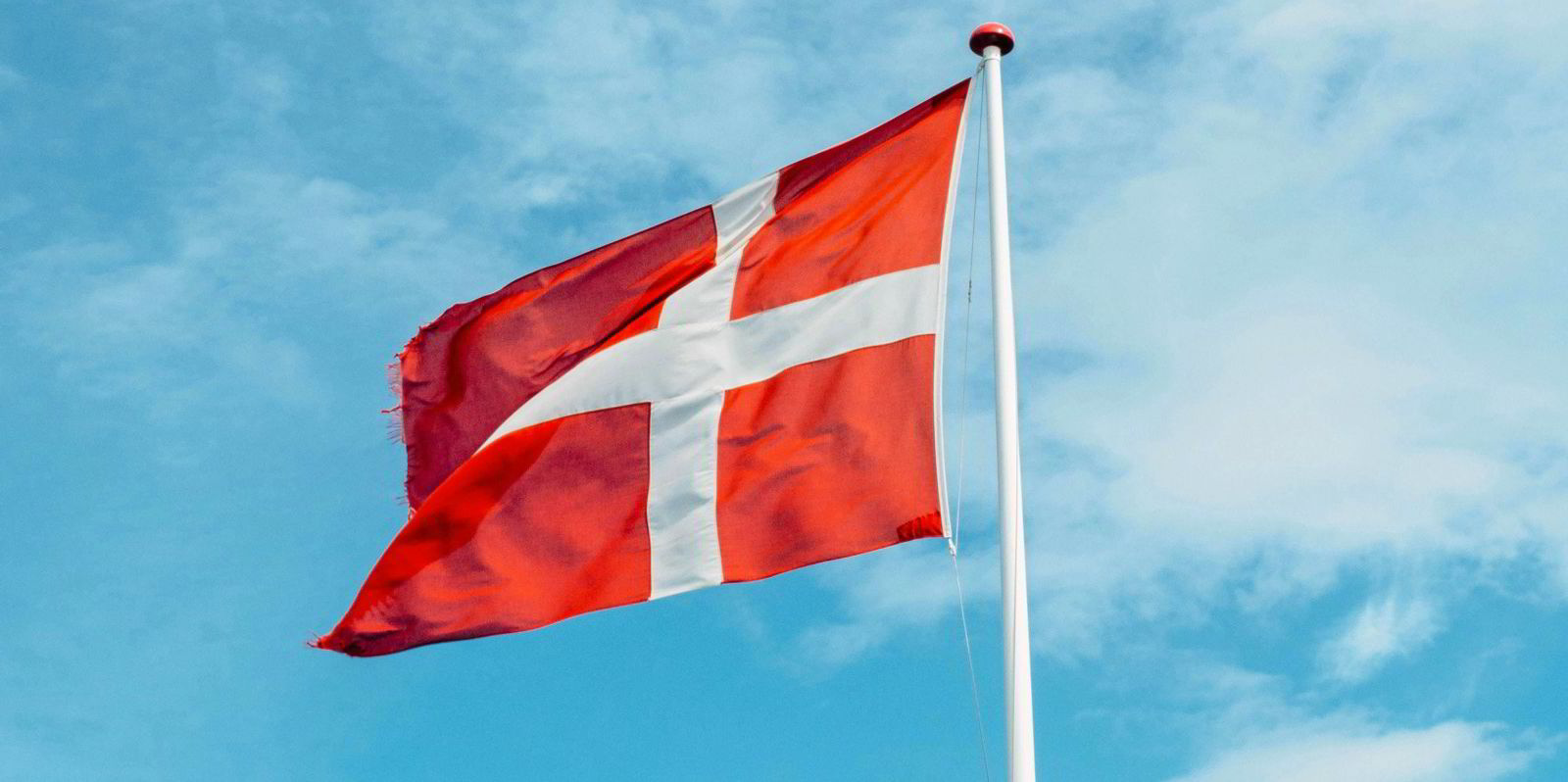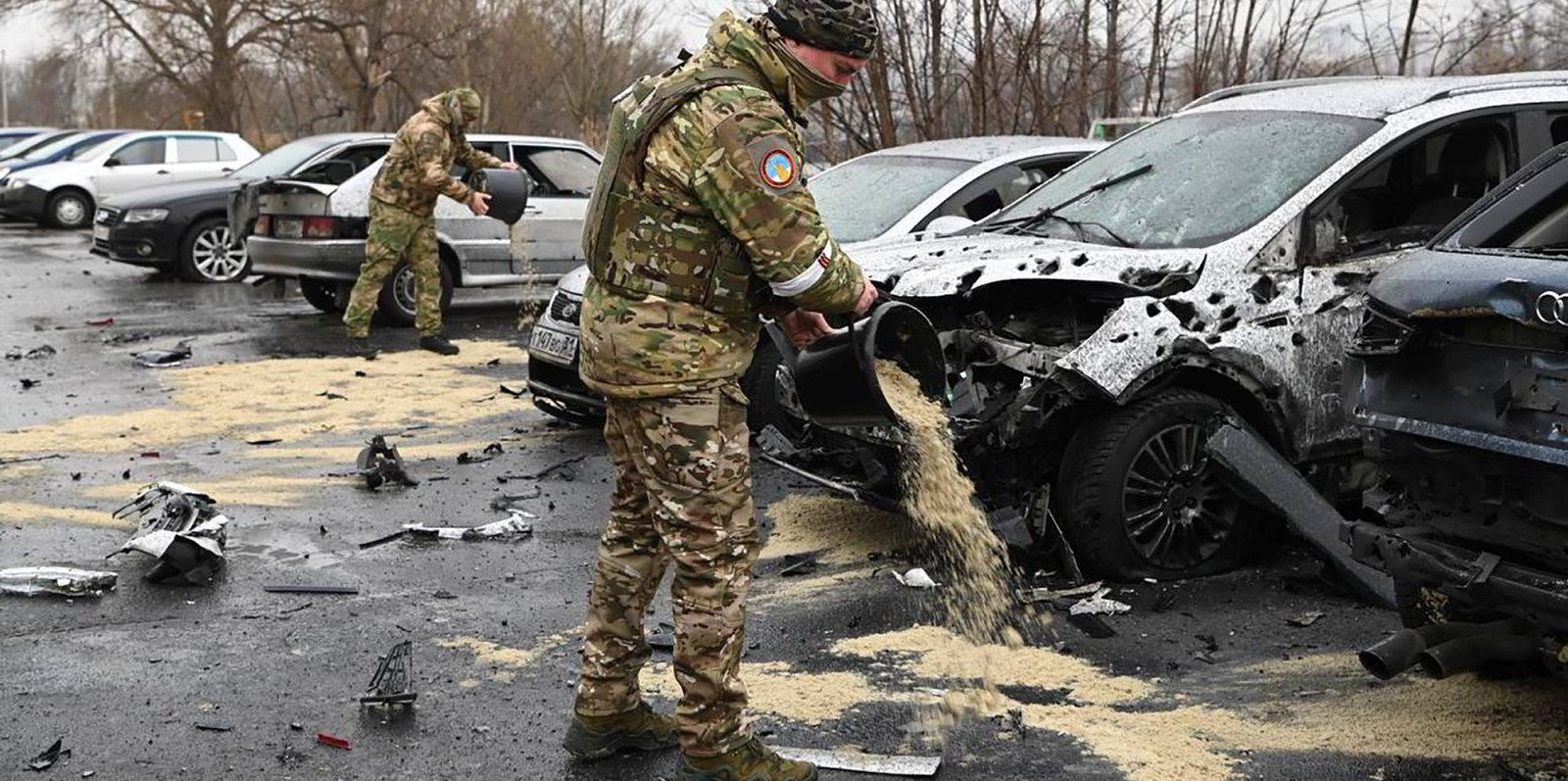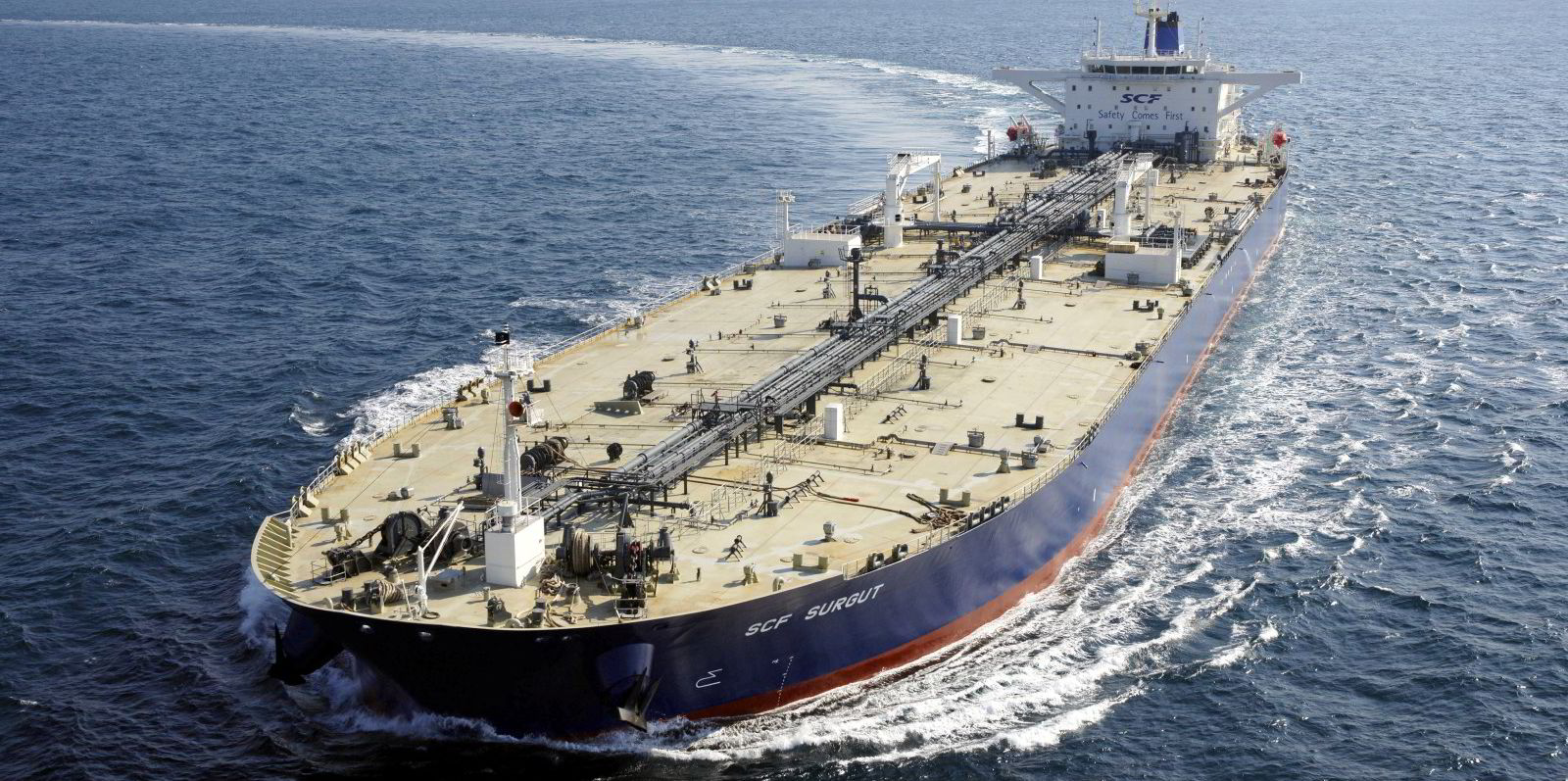Denmark is investigating a collision involving a shadow fleet tanker en route to load Russian crude.
The accident involving the 116,000-dwt Andromeda Star (built 2009), of unknown ownership, took place on 2 March, the Danish Maritime Authority said in a statement to Bloomberg.
The incident remains under investigation, but no further details were given.
The Panana-flagged aframax had been due to load Russian Urals crude on 4 March at the port of Primorsk in the Baltic Sea, according to shipping data.
Instead, the ship headed to a Danish repair yard in Lindoe, arriving on 17 March.
The tanker had left Vadinar in India early in February.
No pollution has been reported, but concerns have been raised before in Denmark about older vessels of uncertain ownership passing through its waters in Russian oil trades.
Maritime databases list the vessel sold to unknown interests in November.
The manager is Margao Marine Solutions OPC, of Goa, India, which has not commented. The insurer of the $45m ship is not known.
VesselsValue believes the owner is Middle East-based.
Bought at auction
The Andromeda Star was previously the Brightoil League, bought from Brightoil Petroleum at auction for $22.36m by Union Maritime in 2019.
It was then sold on as the Fulmar last year for $39.5m, before being renamed.
Danish television revealed last year that a product tanker transporting Russian fuel lost power off the coast.
TV2 said the 53,000-dwt Canis Power (built 2005) suffered engine problems near Langeland, citing the Norwegian Royal Navy.
The Cook Islands-flagged MR tanker had left Vysotsk in Russia on 13 May destined for Ceuta, the North African Spanish enclave, on 24 May.
The $20m ship was loaded with 340,000 barrels of oil, the report said.
The tanker was unable to move for six hours.
Danish pilots believe many of the ships carrying Russian oil are in poor condition.
Bjarne Caesar Skinnerup, chairman of the pilots union Danske Lodser, told TV2: “We have seen that there has been a drop in the standard of the tonnage that serves the Russian oil ports, both on ships and crew. The ships are older and the crew has a different standard than we are used to.”
“Those of us who sail in the Great Belt know how busy it is,” he said, adding that the current situation has “potentially catastrophic consequences for the marine environment”.






